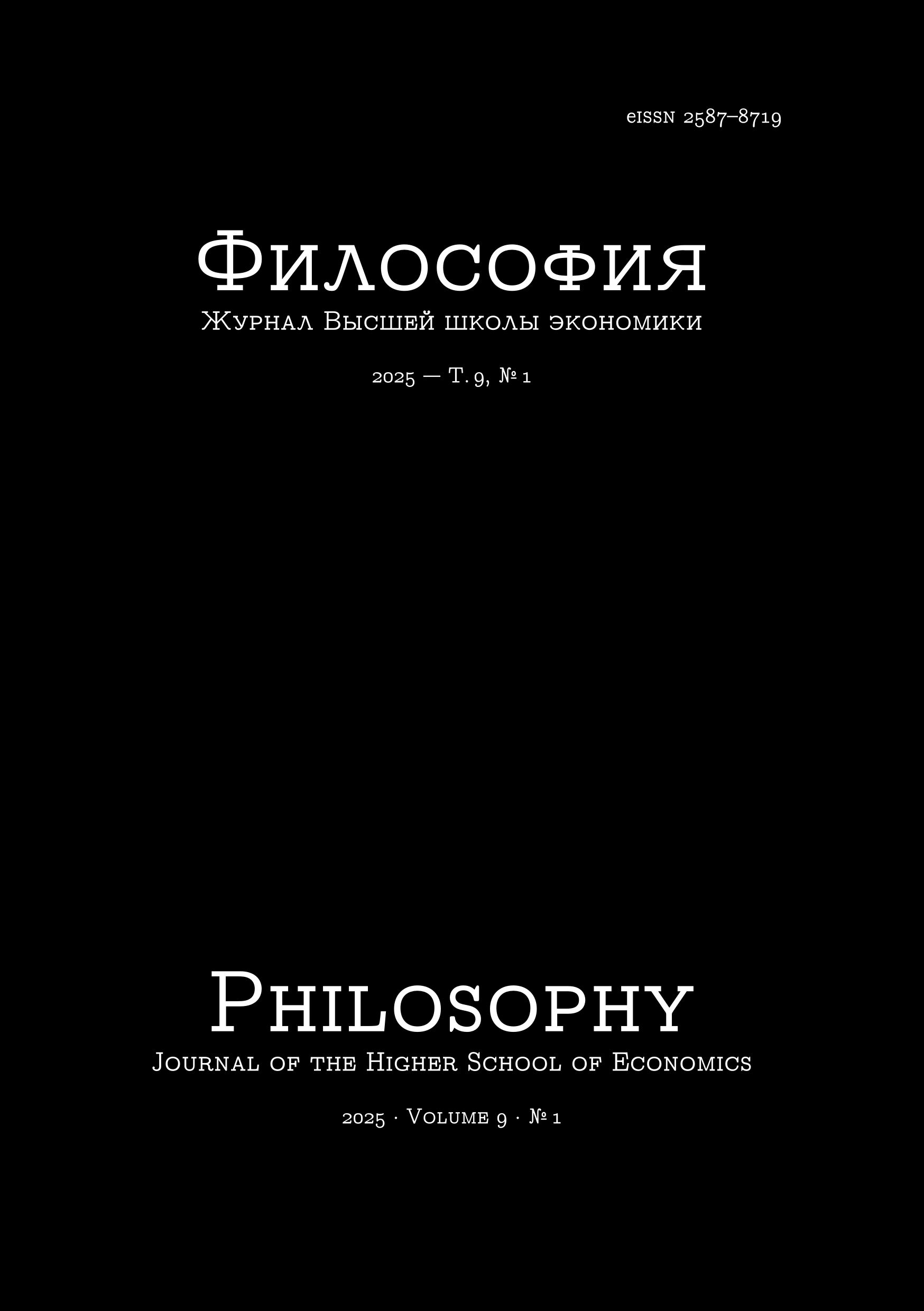Джон Локк и толерантность к атеистам
Аннотация
Статья посвящена реконструкции статуса атеистов и вопроса об атеизме в теории терпимости Локка. В «Письме о толерантности» он вскользь заметил, что толерантность не может быть распространена, среди прочих, на атеистов, так как последние не могут, согласно Локку, держать клятв. Локк не снабдил ни «Письмо», ни какой-либо еще из своих текстов объяснением, почему атеисты не могут держать клятв и почему им должно быть отказано в терпимости. Это заявление создало много проблем для интерпретаторов, заинтересованных в применении теории терпимости Локка к современному контексту, а также для самой теории Локка, активно использующей тезис, что искренняя вера не является произвольной и подконтрольной убеждению. При этом возникает вопрос как о том, в чем именно вина атеистов и какие конкретные меры по отношению к ним совместимы со взглядами Локка на отношение убеждения и принуждения, так и о том, что он вообще понимал под атеизмом. Наша статья не только вносит вклад в обсуждение того, как обоснованы и насколько глубоко укоренены практические выводы Локка в отношении атеистов в общем теле его теории, но и показывает, какого рода непростые вопросы могут приоткрываться благодаря исследованию места атеизма в проекте терпимости Локка. Мы исследуем, что Локк говорит об атеизме, как его (немногочисленные) аргументы против атеистов соотносятся с его (обширными) аргументами в пользу общей терпимости, а также чего Локк об атеизме не сказал и какие у этого могут быть причины и последствия. По ходу текста мы и реконструируем аргументы Локка, споря со многими классическими и современными прочтениями его теории терпимости, и погружаем его тексты в исторический контекст, в том числе дела казненного за богохульство студента Айкенхеда, антиатеистических трактатов и религиозно-философских дискуссий конца XVII в.
Скачивания
Copyright (c) 2025 Philosophy Journal of the Higher School of Economics

Это произведение доступно по лицензии Creative Commons «Attribution-NonCommercial» («Атрибуция — Некоммерческое использование») 4.0 Всемирная.






